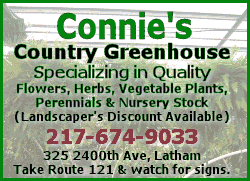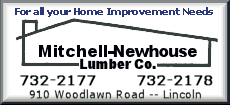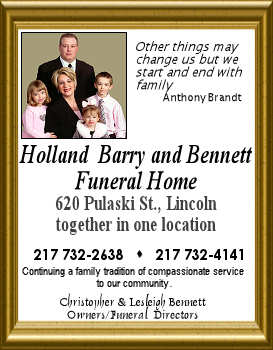|
Chen Yaozu, general manager of Danyang Chengshi
Household Chemical Co., said Tuesday his firm had exported
toothpaste to Panama containing diethylene glycol, a chemical blamed
for the deaths of at least 51 people in the Central American country
after it was mixed into cough syrup.
However, Chen said the chemical, a thickening
agent often used as a low-cost substitute for glycerin, was
permitted under Chinese rules and was safe in small amounts.
"I can say I am very confident about our
product's quality," Chen said in a telephone interview from his
company's headquarters in the eastern province of Jiangsu. He said
company managers were cooperating with investigators.

The safety of Chinese food and pharmaceutical
exports has come into question in recent months amid allegations
that tainted ingredients from local suppliers ended up in products
blamed for the deaths in Panama and for killing pets in North
America.
That has put export markets worth about $30
billion on alert, prompting the authorities to take swift action to
root out wayward firms and protect its industries.
An official with the Danyang local branch of
China's food and drug inspection agency confirmed the investigation
into the toothpaste suppliers, but gave no details. The official
gave only his surname, Gu, as is common with Chinese bureaucrats.
[to top of second column]

 |

Chinese-made toothpaste sold under the brands "Excel" and "Mr. Cool"
were targeted after authorities in the Dominican Republic learned
they contained diethylene glycol. The toothpaste was imported from
Panama and entered the Dominican Republic illegally in shipments
registered as food for animals, the Dominican Health Department
said. Panama also removed the toothpaste brands
from stores last week but said the levels of diethylene glycol do
not appear to be dangerous. Still, officials in both countries have
advised consumers not to use the products.
Panama removed the toothpastes after a customer
noticed their labels said they contained diethylene glycol. Tests by
experts at the University of Panama confirmed the toothpastes
contained about a 2.5 percent level of the chemical.

Checks on supermarkets in China's commercial
center of Shanghai turned up no sign of diethylene glycol among the
listed ingredients of more than one dozen brands of Chinese-made
toothpaste.
However, a salesman for a Chinese trading
company that imports the chemical from Iran said it is occasionally
be used to prevent toothpaste from drying out.
"Proper amounts of diethylene glycol are not
toxic if it remains uncontaminated," said Zou Jianjun of the Jiangsu-based
Donghua International Trading Co.
It was unclear if China limits use of the
chemical in toothpaste.
[Text copied
from file received from AP
Digital; article by Christopher Bodeen, Associated Press writer]
 |